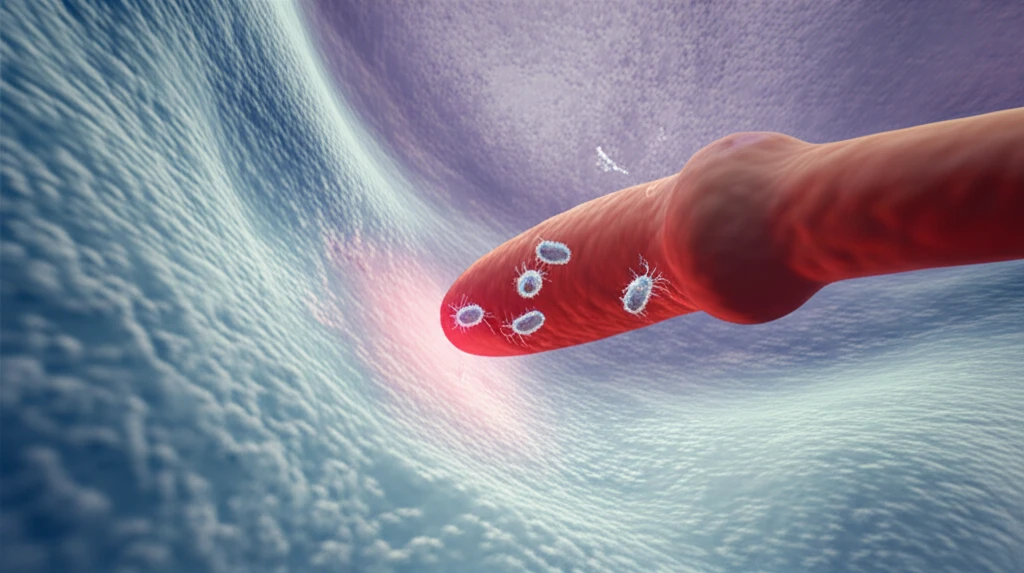
Hidden Risks: Unveiling the Unexpected Dangers of Infections During Pregnancy
"Understanding Rare Infections and Their Impact on Mothers and Babies"
Pregnancy is a time of immense joy and anticipation, but it also comes with unique health challenges. While much attention is given to common pregnancy complications, some rare but serious infections can pose significant risks to both the mother and the developing baby. This article sheds light on one such infection: a placental infection caused by Haemophilus influenzae (HI), a type of bacteria that can have severe consequences.
The study of medical microbiology often unveils unexpected threats, and this case highlights the critical importance of vigilance and early detection. Understanding these rare infections empowers expectant parents and healthcare professionals to make informed decisions and take proactive steps to protect the health of both mother and child. By exploring this specific case, we can gain a broader understanding of the potential risks and how to mitigate them.
This article is designed to provide accessible information about a complex medical issue. We'll break down the science, explain the potential dangers, and offer insights into prevention and treatment. Our goal is to equip you with knowledge and understanding, so you can approach pregnancy with confidence and make informed decisions about your health and the health of your baby.
The Silent Threat: Haemophilus influenzae and its Impact on Pregnancy

The featured research delves into a rare case of placental infection caused by Haemophilus influenzae (HI). This bacterium, known for causing various infections, including meningitis and pneumonia, can also invade the placenta, the vital organ that nourishes the developing fetus. This specific instance underscores the potential severity of such infections and the importance of understanding their causes and effects.
- Placental Infection: HI can infect the placenta, disrupting the vital flow of nutrients and oxygen to the fetus.
- Preterm Delivery: Infections can trigger premature labor, leading to potential health complications for the baby.
- Maternal Risks: Mothers with placental infections may experience serious complications, including sepsis.
- Neonatal Risks: Babies born to infected mothers are at risk of neonatal meningitis, sepsis, and other severe conditions.
Protecting Mothers and Babies: The Path Forward
The research underscores the need for heightened awareness and early detection of rare infections during pregnancy. By understanding the potential dangers, healthcare providers and expectant parents can take proactive steps to safeguard maternal and fetal health. This includes recognizing the signs of infection, seeking prompt medical attention, and utilizing appropriate diagnostic and treatment strategies. Together, we can strive for healthier pregnancies and better outcomes for all.
